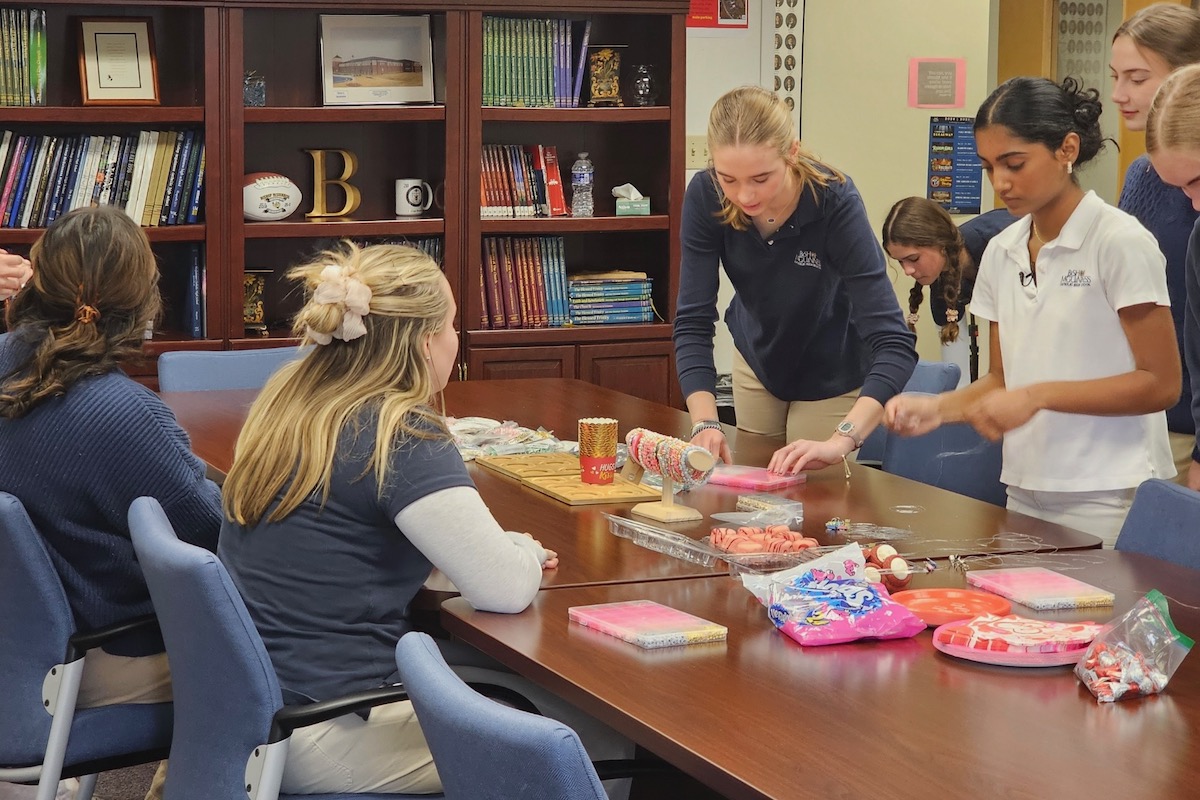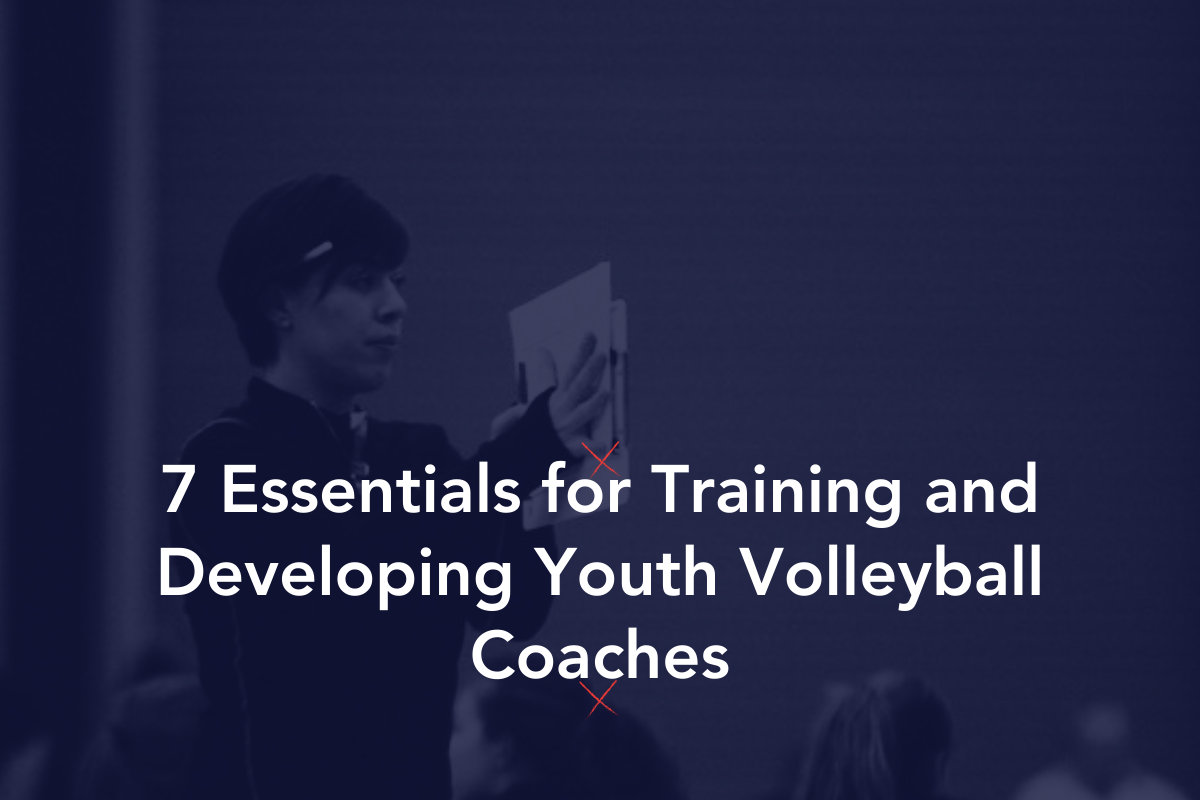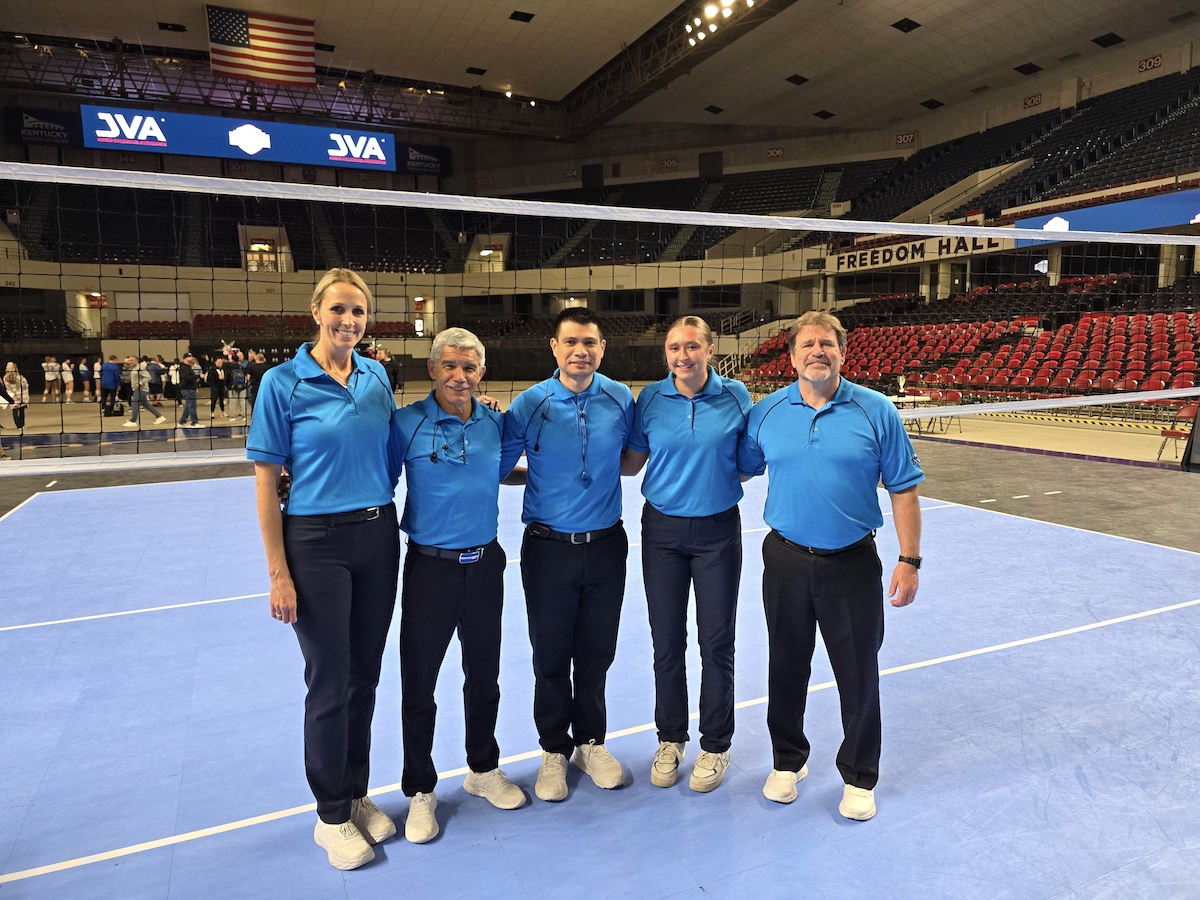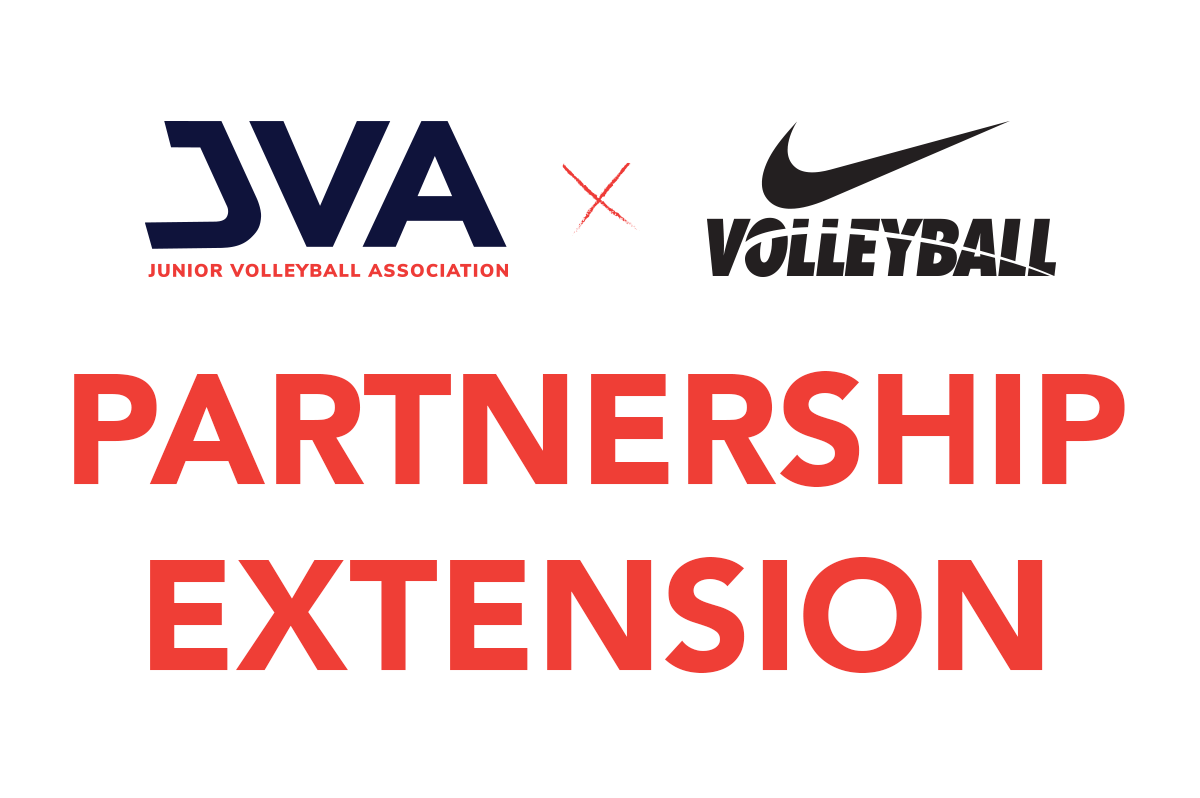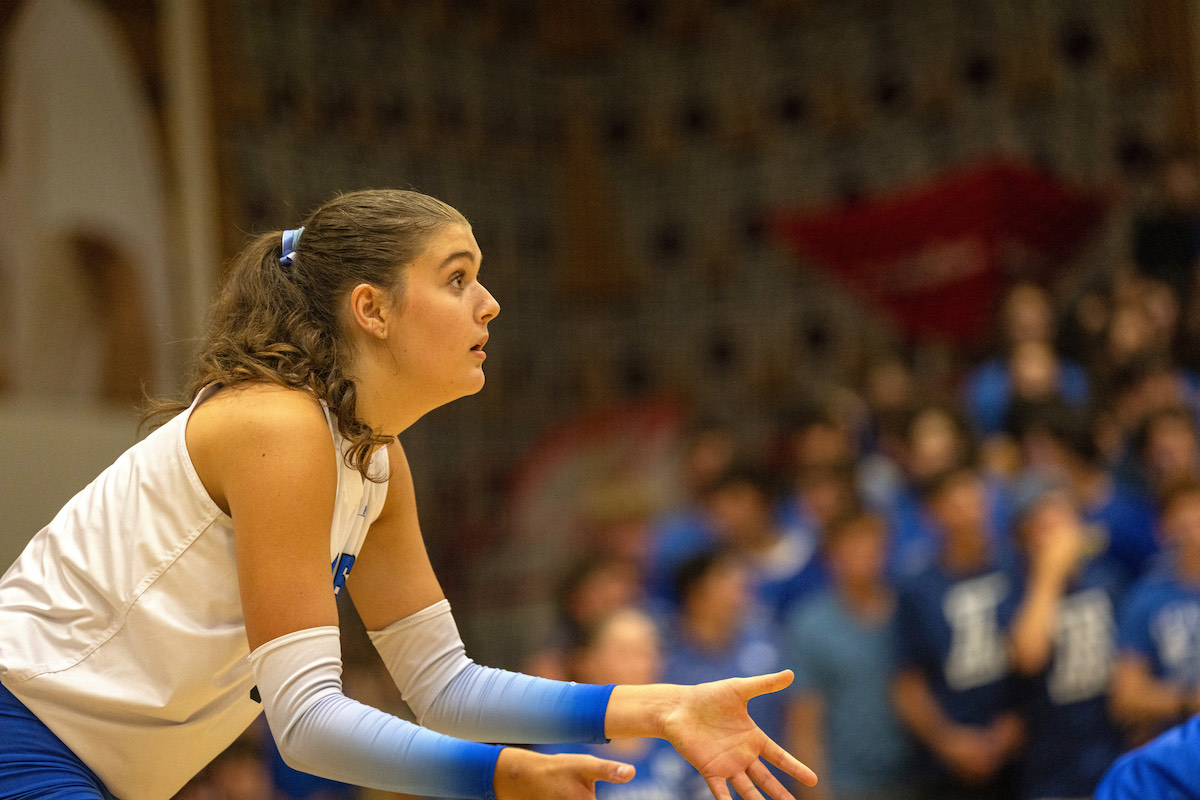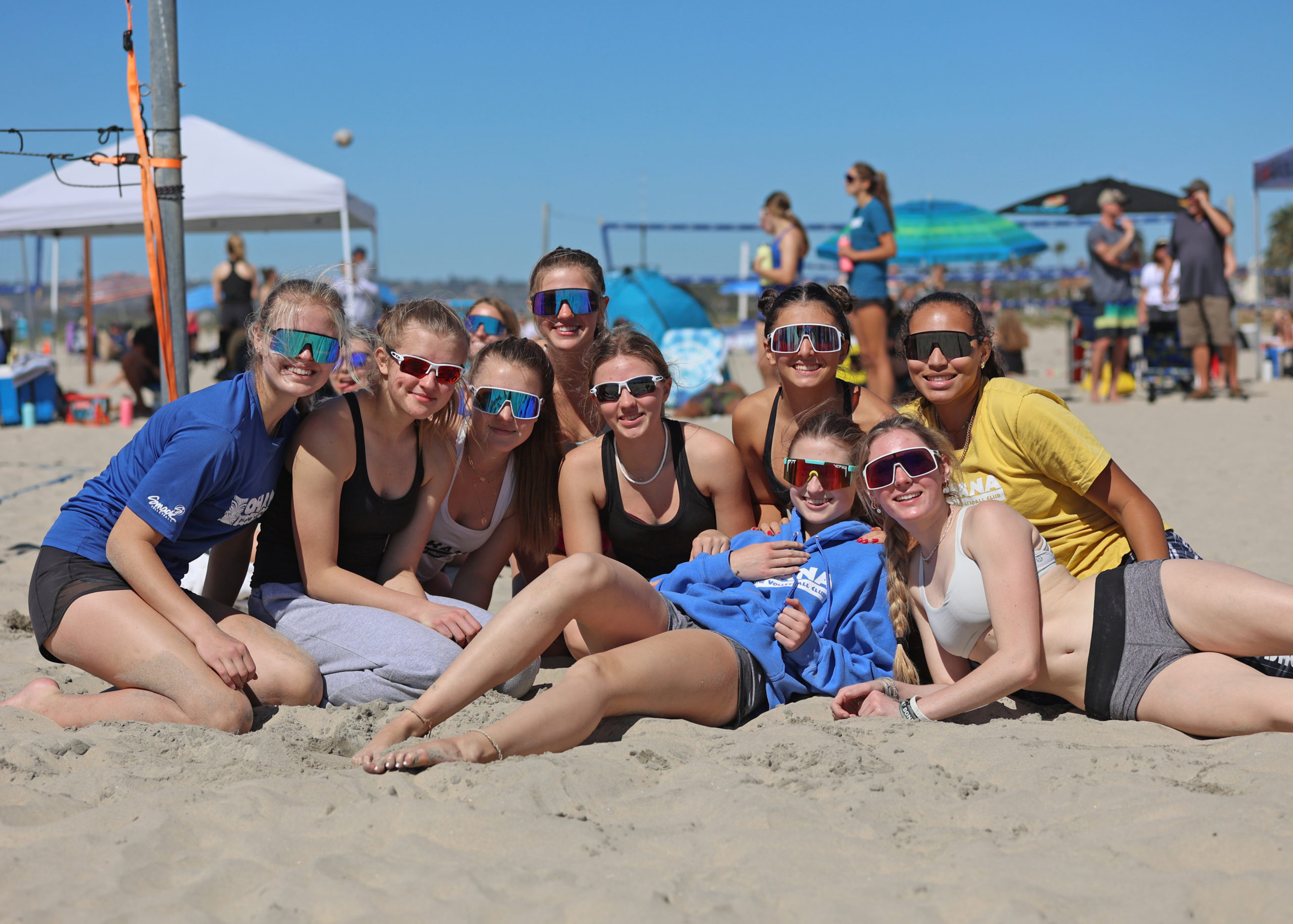How challenging are your training sessions? I’m not talking about tortuous physical challenges that have players hyperventilating; but tasks that will push players to the limit of their abilities. Perhaps a mental challenge to dissect the blocking system being used by an opponent and use the information to operate an efficient offense. Or a technical challenge to successfully attack five balls consecutively.
I’ve seen many club practices where the players are active but not challenged. One of my coaching heroes is former UCLA basketball coach John Wooden, who was quoted as saying, “do not confuse activity with getting something accomplished.” Practice sessions that do not present challenges to the players will negatively impact the rate of skill development.
The late Psychologist Anders Ericsson spent much of his academic career studying how top performers went about their training routine. He coined the term “deliberate practice” to describe the training methods of professionals. Ericsson believed to acquire advanced skills; the training must include these components:
- Deliberate practice requires a teacher who can provide practice activities designed to help students improve their performance.
- Near maximal effort, with the athlete continually being taken out of their comfort zone by a teacher or coach.
- Practices are not always “fun.”
- Well defined, specific goals, not aimed at “overall improvement.”
- Give full attention and conscious action, no activities where the player can go on “autopilot.”
- Feedback and constant slight improvements, modifying efforts in response to feedback
- Focus on building and improving specific skills by focusing on aspects of those skills and improving them.1
I’m reasonably confident that Olympic swimmer Katie Ledecky doesn’t go into a training session thinking about “going for a swim.” I’m sure there is a focus on techniques, turns, pacing, etc. A similar principle should be part of volleyball practice. Inside your training session, are there well-defined goals with objective evaluation for accomplishment?
Are your players focusing on skill development or just doing mindless repetitions? Is there a criterion for acceptable performance? An example is we will pass fifty in-system balls, with the last five being consecutive. More specifically, our passing focus is on movement, posture and making sure the upper body stays quiet during contact. Or, instead of an unfocused scrimmage, perhaps we can modify the activity by saying a team only rotates when they sideout three times in a row.
Are you, as a coach, prepared to provide the athlete with accurate and appropriate feedback on the athlete’s technical performance? Too many coaches do not provide feedback because they aren’t sure what to say. That is a solvable problem. But coaches need to get to work on elevating their expertise on the technical aspects of the game.
I encourage all coaches to design practices that challenge the athlete to focus on specific areas of improvement. The focus might be on a technical aspect of skill development, a performance goal, or positive team interaction development. The areas of emphasis should have an evaluative component after the training session, with improvements noted and future challenges laid out. If possible, monitor practice performance with objective data to support the evaluation. All of these items will be a step in the direction of establishing the norm of deliberate practices.
1 Anders Ericsson, Robert Pool, “Peak” Mariner Books, 2017
A Game Plan for Better Practices.
View additional education on running a volleyball practice.
About the Author
Jim Stone was a collegiate coach for thirty-three years at Kellogg Community College, University of Wyoming, and The Ohio State University. He took the Ohio State women’s team to two national semi-finals in 1991 and 1994. After retiring from collegiate coaching, Stone served as the Head Coach for the USA Girls U-18 national team from 2008-2019. During his tenure as the U-18 coach, the team won two silver medals and one gold medal at the FIVB World Championships. The gold medal in 2019 is the only gold medal ever won by a USA age group team, boys or girls, at a world championship event. He is a frequent clinician for The Art of Coaching Volleyball clinics and numerous state and national associations. In 2012, the United States Volleyball Association awarded Stone with the Don Shondell award and recognized him as an “All-Time Great Coach”. Stone is also a member of The Ohio State University Athletic Hall of Fame. He currently resides in Colorado and provides volleyball lessons to young athletes.
Purchase Jim’s book: A Game Plan for Better Practices here.




